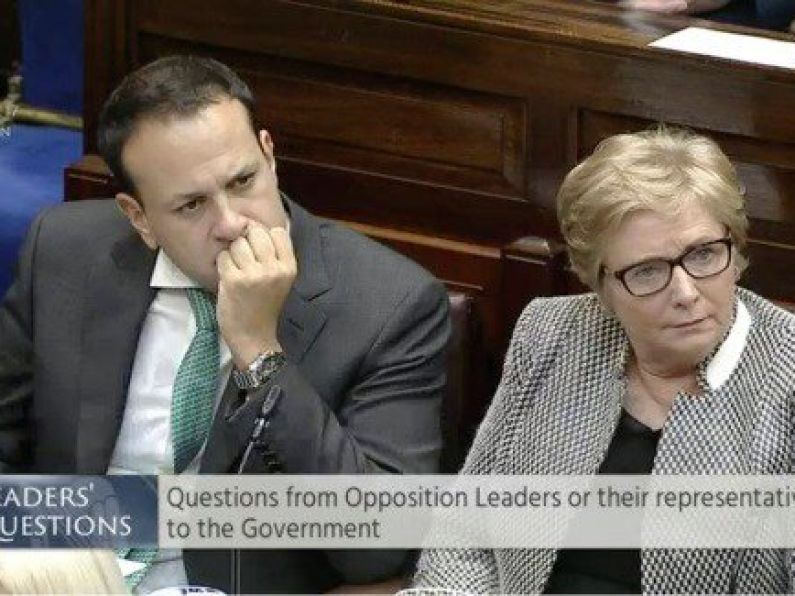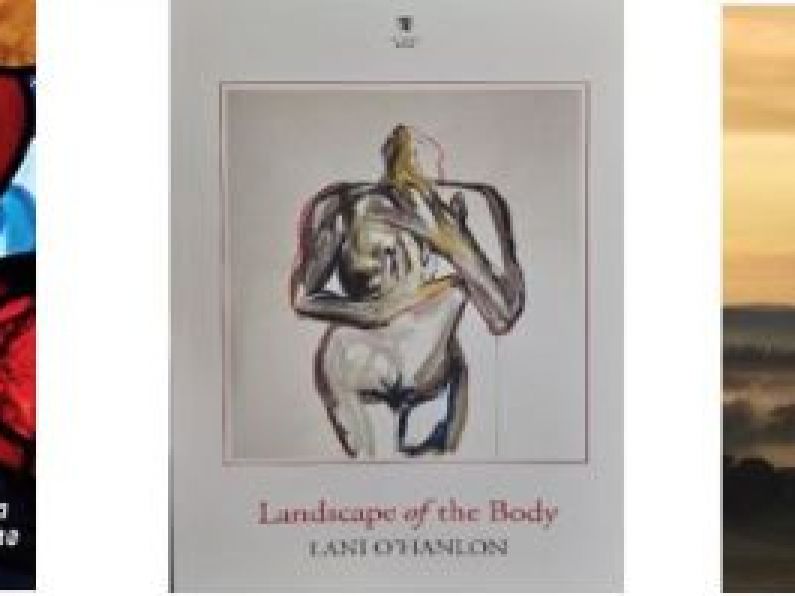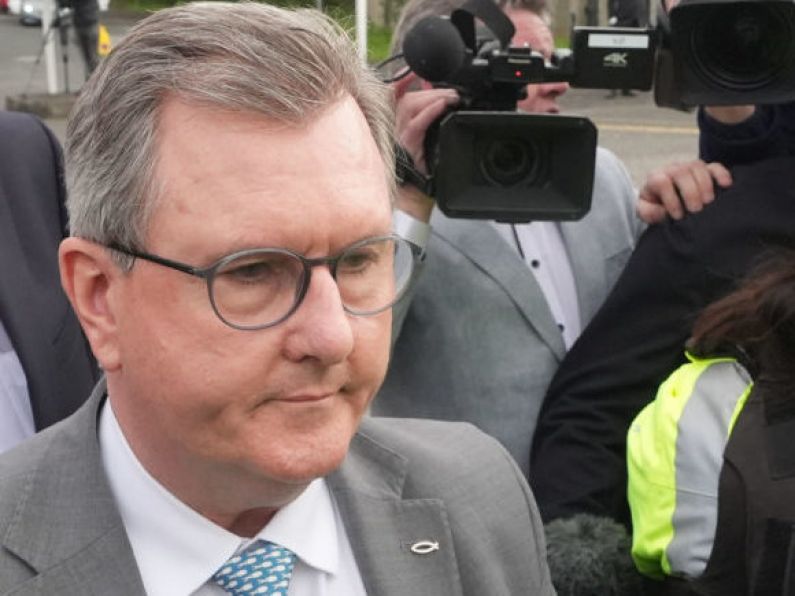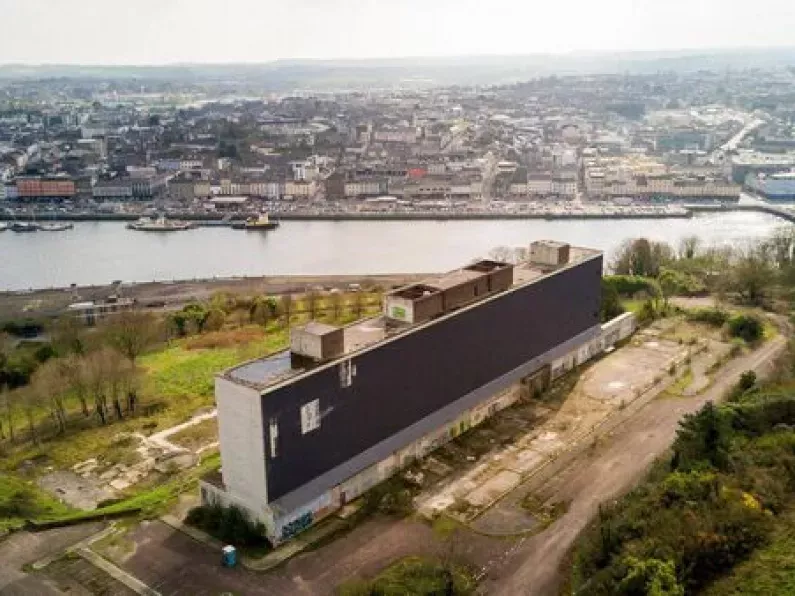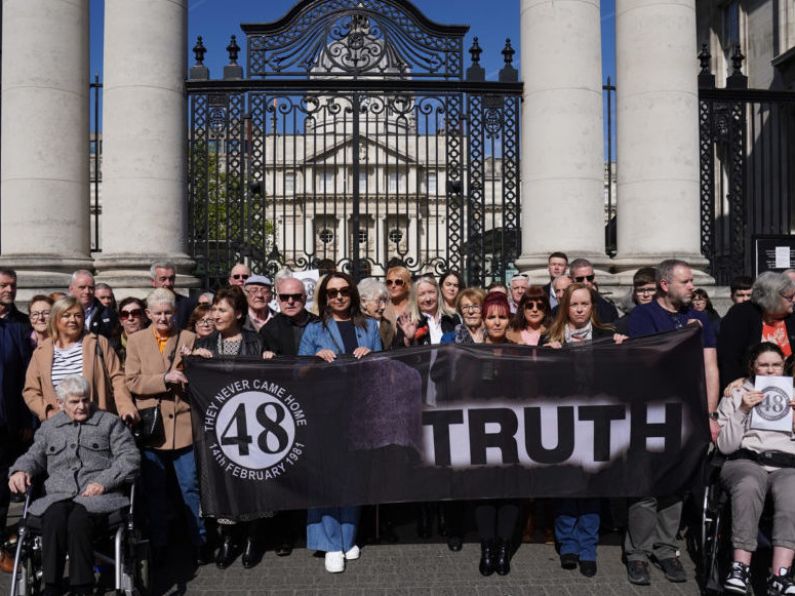Tánaiste Frances Fitzgerald has cut an isolated figure in the Dáil this week, but nonetheless came out fighting for her future.
It was Renua — the fledgeling party that fluttered onto the political landscape before the last general election — that pledged ‘government in the sunshine’, but it was Fine Gael that paraded the principle when it subsequently took precarious power.
The imagery was a little flamboyant for the new programme for government so its authors stuck to the more prosaic “transparency”.
Transparency in spending, decision-making, banking, access to education and healthcare, pay, grants, judicial appointments — you name it, it was to be laid bare for all to see, scrutinise, criticise, maybe even improve.
Transparency was also to be liberally applied to “departmental performance”.
“A more open partnership approach needs to be developed in every department,” the programme stated, the aim being “a framework for much greater accountability by both ministers and the public service”.
It was a message to the permanent government — the civil servants who reign supreme unbothered by the ballot box — that those taking up temporary residence planned to make their presence felt. Stamp their authority, command respect, open all cupboards and rifle all drawers so to speak.
The Dáil records are littered with examples where ministers not only failed to get their feet under the table in a new administration but barely managed to find the right office.
The words “the minister was not told...” have applied in many instances from banking scandals to funding cuts to hospital errors — even the unsavoury case of horsemeat in beef burgers.
In many cases, officials knew what was going on but for some reason did not inform their minister. Or they told as little as possible in order to fulfil the self-preservation requirement of arse-covering without actually revealing the seriousness of the underlying problem.
The Department of Justice is familiar with this move. Officials knew about the recording of calls at garda stations and the irregularities at Templemore long before the then ministers.
And then there’s the Maurice McCabe email. Someone — their name has been redacted — called someone else - their name is not revealed — in 2015 and asked that Frances Fitzgerald be informed of an attempt by the garda commissioner to use a strategy of throwing doubt on the credibility of Sgt McCabe at the O’Higgins Commission, which was inquiring into his (largely already proven) claims of Garda misconduct.
The email was passed to a third, unnamed person to be passed to the minister “for information”. Not for action. The email states that someone and the second unnamed person agree that “neither the Attorney nor the Minister has a function relating to the evidence a party to a Commission of Investigation may adduce”.
In other words, tell her to do nothing. She obligingly did just that.
And yet another unnamed person really believed she ought to have done something and didn’t say so. And two years later leaked the email instead.
So who’s at fault? Fitzgerald’s garbled account of the events, translated badly by Leo Varadkar, entirely unhelped by Charlie Flanagan, was slapstick at best.
But somebody who should have spoken up didn’t, so underlying all of this is a failure of communication, co-operation, and trust between officials and their minister every bit as bad as when the Toland Report of 2014 concluded that the department operated under “a closed,
secretive, and silo-driven culture”.
Fitzgerald was, at the very least, naive to take an email alleging further wrongdoing against McCabe and accept the advice to do nothing. What she could have done is unclear but burying it in the silo was not the right option. She could have sought to have a little light shed on it. Maybe even UV-blasting sunshine.
For all the talk of transparency, it seems to be a notion that is beyond the current Government to implement. Facts don’t hide themselves — people hide them. To create transparency means managing people well. And managing people is something the Government struggles with.
If you don’t manage your officials, you get half-truths, omissions, and obfuscations. If you don’t manage your partners in power, you get ministers planning secret trips to North Korea.
If you don’t manage your quasi-opposition, you get them breaking a confidence and supply agreement over a relatively minor issue of ultimately little consequence.
If you don’t manage your actual opposition, well that’s kind of understandable because Sinn Féin is not the most manageable party.
But if you don’t manage the egos in your own Cabinet, you get an election that nobody wants.
A transparent approach to this whole mess would be to admit poor judgement, carelessness, bad communication, lack of authority — and that Micheál Martin wields as much power as the actual Taoiseach.
It would be a painful confession but it contains no more than the public already knows and has been putting up with in the hopes that in the midst of the all the politics, some actual government might get underway.
We were promised government in the sunshine but we get government in an unremitting hailstorm. Our Government’s approach may not be transparent but they are utterly see-through.
By Caroline O'Doherty Irish Examiner

